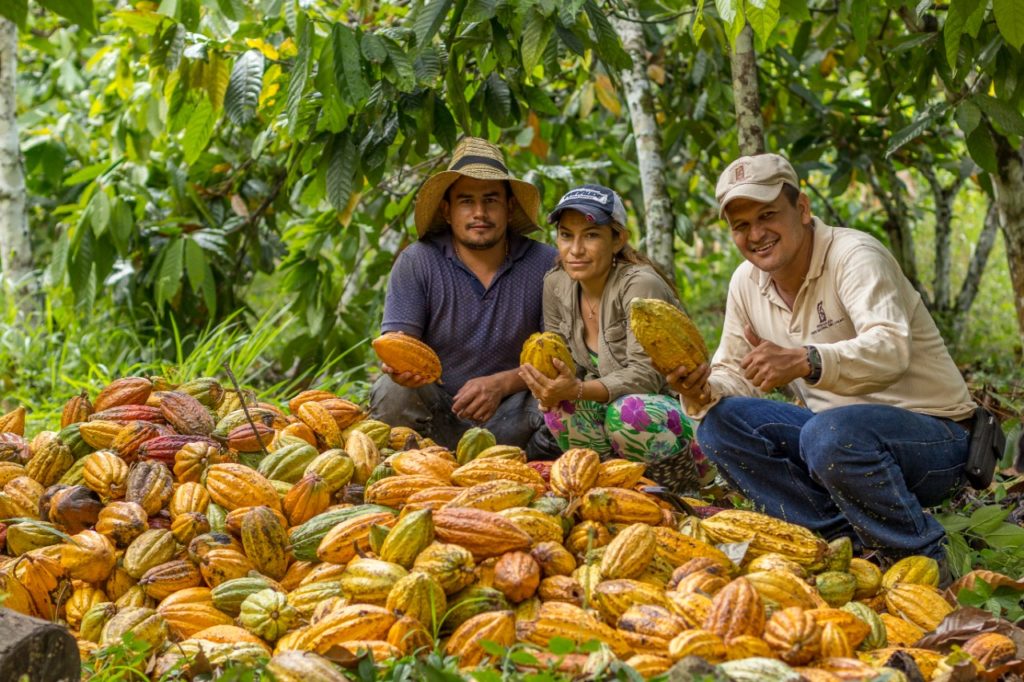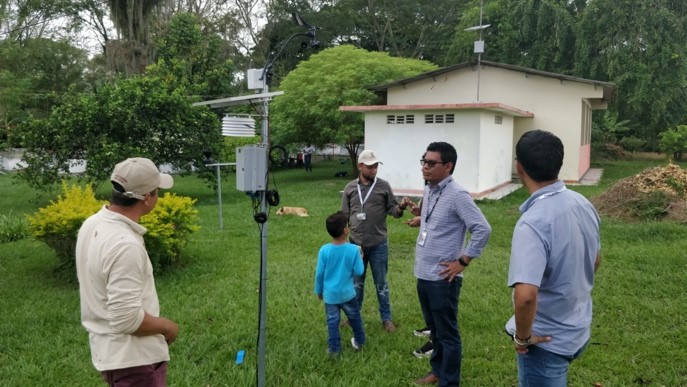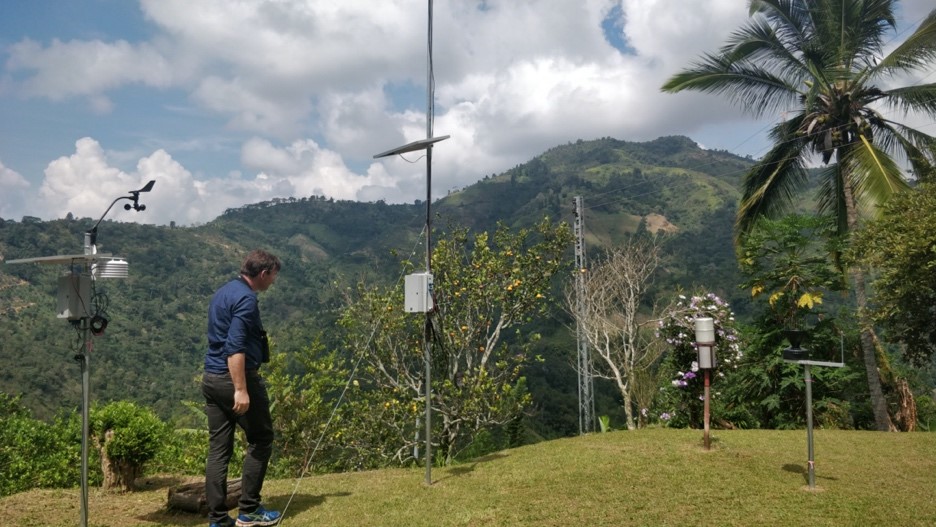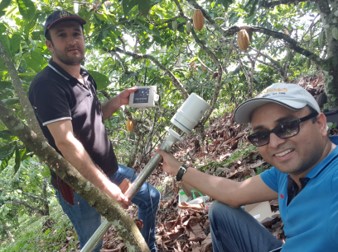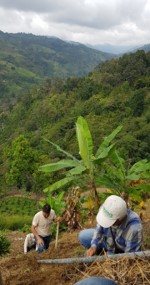
By Deborah Foy, Agricompas
Chocolate is a magical food. In Colombia, according to Gabriel Garcia Marquez, priests “levitate by means of chocolate”. Chocolate boosts our endorphins, which makes us feel good, and is packed with antioxidants. It has also long been considered an aphrodisiac and a symbol of affection, attraction and deep love. It’s perhaps no surprise therefore that chocolate is one of the most popular gifts for Valentine’s Day.
But we may be facing a future without chocolate. Climate change and environmental pressures are already creating tensions along the global cacao supply chain. It’s thought that nearly 90% of areas that currently grow cocoa will be less suitable to do so by 2050. Cacao trees love high temperatures and they need plenty of rain, which is why they thrive close to the equator in countries such as the Côte d’Ivoire and Ghana. Over the next several decades, these countries may grow warmer, drier, and less suitable to cacao cultivation.
In Colombia, cacao is a native crop and one that has played a key part in the country’s history and culture. The crop also has a vital role in Colombia’s post-conflict development, creating jobs in remote areas that for decades were beset by conflict. Today, cacao is grown by an estimated 100,000 smallholders across the country, typically on plots of 5 hectares or less.
Agricompas is working with partners in Colombia to find ways to help these cacao growers adapt to changing climatic conditions and to develop more sustainable practices. Whilst our goal is to enable the entire value chain to grow in a sustainable fashion, we know that the cocoa growing communities themselves that are a core part of the solution. Sustainable cocoa supply begins with empowered cocoa growers. That’s why we’re focusing on the prosperity of farmers. We want to help them to improve productivity and yields today, as well as plan for the changing conditions of the future.
Building the resilience of cacao is important not only to keep chocolate on the supermarket shelves for Valentine’s Day, but to maintain the livelihoods of smallholder farmers.
